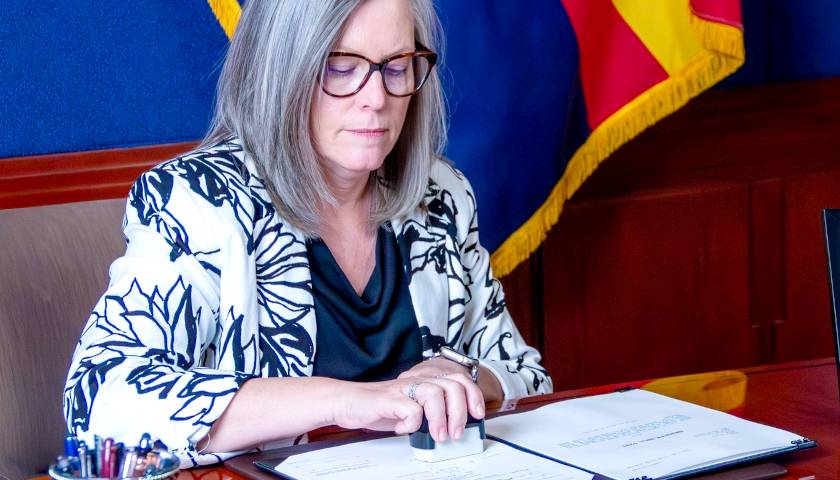by Roger Ream
Lately, the local ABC News affiliate in Washington, D.C., has been running promotional spots with the well-worn tagline “speaking truth to power.” That is an odd slogan for a media outlet that can certainly be counted among the powerful in the region. It also raises a question as to whether this local news department has truly discovered “the truth” and is devoting its broadcasts to sharing it with its viewers.
At least implicit in the use of the slogan is a recognition by the station that truth does indeed exist. Sadly, many in American journalism are increasingly denying the existence of objective truth and calling for an end of objectivity in journalism. As Stanford University communications professor emeritus Ted Glasser said recently, “Journalists need to be overt and candid advocates for social justice, and it’s hard to do that under the constraints of objectivity.” In other words, the task of a journalist is to push the progressive narrative forward, truth and objectivity be damned.
Glasser isn’t alone. Recently, in a speech at Washington State University, “NBC Nightly News” anchor Lester Holt also questioned the value of objectivity. “I think it’s become clearer that fairness is overrated,” he said. “The idea that we should always give two sides equal weight and merit does not reflect the world we find ourselves in.”
Regrettably, The New York Times has also caught this fervor to push a narrative. It recently announced plans to scrap its op-ed page after 50 years in favor of “guest essays.” Their stated purpose, according to editor Kathleen Kingsbury, is to publish pieces with “intention.” Translated, that means pieces that serve to advance an agenda. She confesses that Times editors will place their “thumb on our scale in the name of progress, fairness and shared humanity.” In other words, the Times will be selecting opinion pieces that fit a narrative, rather than offer informed dissent and contrary views. Evidently, The New York Times, like my ABC News affiliate, has possession of “the truth” and will only publish essays consistent with that truth.
Seeing this trend away from fairness in American journalism, my fear is that we will never return to an objective news media that reports the facts – who, what, when and where – and trusts readers and viewers to make judgments based on evidence and logic. The justification given by the Times in 1970 when it created the op-ed page — “as a move to open the opinion pages to the voices of others, presenting a range of views on major issues” — now sounds quaint and from a time long past.
But in an age when more voices are decrying polarization and Americans spend increasing amounts of time in digital echo chambers, an announcement from one of the country’s largest circulation newspapers that it will erect walls around itself by only covering its own point of view, without listening to any disagreement or providing any forum for dissent, is certainly troubling.
Where does that leave an organization like mine, The Fund for American Studies, that since 1970 has been educating collegiate journalists with an emphasis on the importance of journalism ethics, including objective, fair and honest reporting? We encourage young journalists to give voice to perspectives that don’t just reflect the opinions of the media itself, which is politically and sociologically unrepresentative of the country. Will doing so now make them unemployable in today’s media?
Journalism is at a crossroads unlike at any time in recent history. Do people want reporting that challenges their thinking and represents diverse viewpoints? Or, are people content living in their own bubble hearing only perspectives they want to hear? These questions are truly the crux of the issue, since media outlets are businesses and to thrive need to provide consumers with products they want to consume.
All of this brings us back to Kingsbury. She got one thing right in her announcement of the change in titles for the op-ed page. That’s when she noted that the scales of opinion journalism are “increasingly tilted against the free and the fair, the sober and the honest.” She controls those scales, at The New York Times and through the influence the Times wields in the media industry. If she hopes for values such as free, fair, sober and honest journalism to prevail, it is within her power to see that they do. And for the good of our republic, hopefully the pendulum moves in that direction again sometime soon.
– – –
Roger Ream is the president of The Fund for American Studies, a nonprofit educational organization that works with high school and college students to promote the principles of free-market economics, limited government and honorable leadership.






